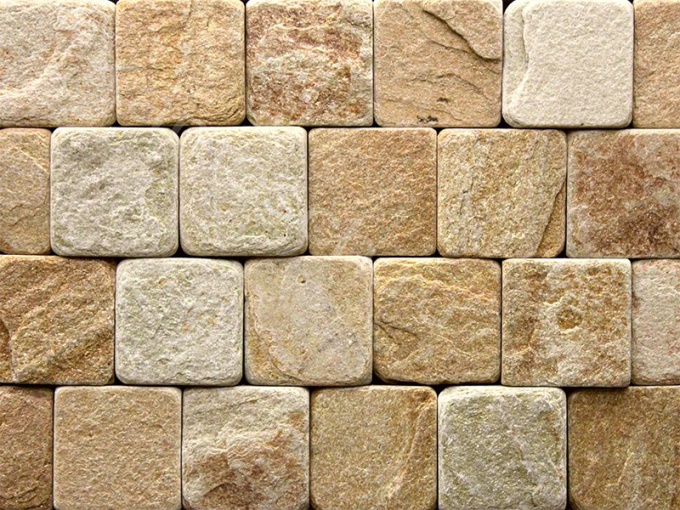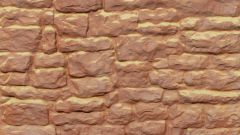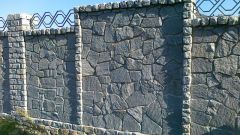Natural stones vary in their chemical composition, structure breeds strength, so different types of stones suitable for different types of processing. Thus, applying different treatments to the same kinds of stones, you will receive a completely different surface with decorative properties.
Polishing is the most common type of treatment of natural stones. Typically, the polishing is carried out at the enterprises using the Assembly line. Initially, the stone is treated with abrasive tools, and then carried out finishing polishing cloth or felt circles. Polishing stone reveals its color and natural pattern. Most often Polish marble and granite.
If you want to achieve smooth, but not mirrored surfaces, use a polishing. Glassing is done with cloth circles that are marked grinding powder, making the surface matte, leaving a tiny scratch. Polished stones are often used for the exterior finish.
Polished stones according to GOST can have a roughness of up to 0.5 mm. Such processing is performed by using the grinding wheels on special machines. Polished surface hides the pattern of the stone, walk on polished stone is much more convenient, non-slip soles, so polished stone is a common material for laying the floor.
Sawing is most often used for processing Sandstone and felsite. Sawing produced using machines with saw frame or by using ultrasound. The surface is processed by cutting may have a roughness up to 2 mm. Sawing can produce using a variety of abrasive materials, which makes the stone surface more rough or more smooth. The use of ultrasound allows to reveal the color and pattern of the stone, despite the high surface roughness.
With strong heating of stone, the upper layer begins to melt, it forms a special kind of texture is the roughness from peeling.
Buchardirovannuju carried out using machines with drums that are in the processing tapped the stone and knock the top layer. Buchardirovannuju stone may have uneven terrain up to 5 mm, its texture similar to asphalt.
Chipping usually process the shale. Chipping gives the stone a rough uneven texture similar to the natural cleavage of the rock. The stones processed by chipping, used for the decoration of large buildings.
Polishing
Polishing is the most common type of treatment of natural stones. Typically, the polishing is carried out at the enterprises using the Assembly line. Initially, the stone is treated with abrasive tools, and then carried out finishing polishing cloth or felt circles. Polishing stone reveals its color and natural pattern. Most often Polish marble and granite.
Glassing
If you want to achieve smooth, but not mirrored surfaces, use a polishing. Glassing is done with cloth circles that are marked grinding powder, making the surface matte, leaving a tiny scratch. Polished stones are often used for the exterior finish.
Grinding
Polished stones according to GOST can have a roughness of up to 0.5 mm. Such processing is performed by using the grinding wheels on special machines. Polished surface hides the pattern of the stone, walk on polished stone is much more convenient, non-slip soles, so polished stone is a common material for laying the floor.
Processing sawing
Sawing is most often used for processing Sandstone and felsite. Sawing produced using machines with saw frame or by using ultrasound. The surface is processed by cutting may have a roughness up to 2 mm. Sawing can produce using a variety of abrasive materials, which makes the stone surface more rough or more smooth. The use of ultrasound allows to reveal the color and pattern of the stone, despite the high surface roughness.
Smooth stones allow you to create single monolithic surface, and the stones with a relief processing - dissected plane.
Heat treatment
With strong heating of stone, the upper layer begins to melt, it forms a special kind of texture is the roughness from peeling.
Buchardirovannuju
Buchardirovannuju carried out using machines with drums that are in the processing tapped the stone and knock the top layer. Buchardirovannuju stone may have uneven terrain up to 5 mm, its texture similar to asphalt.
Also there are types of stone processing as etching, machining or electric shock and water sandblasting.
Chipping
Chipping usually process the shale. Chipping gives the stone a rough uneven texture similar to the natural cleavage of the rock. The stones processed by chipping, used for the decoration of large buildings.



